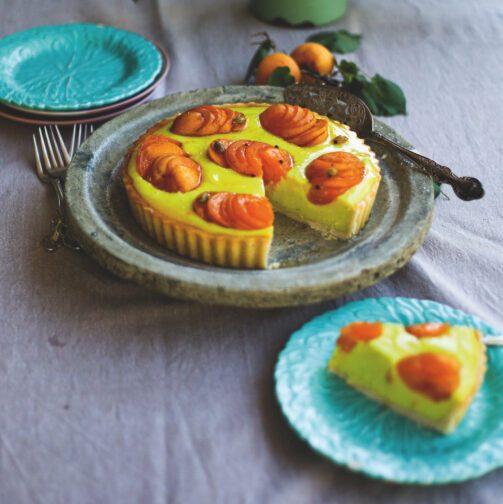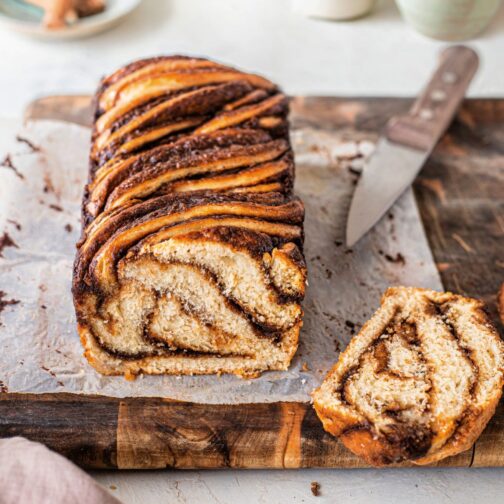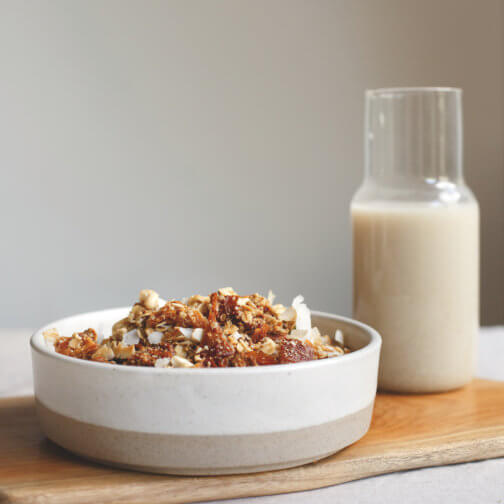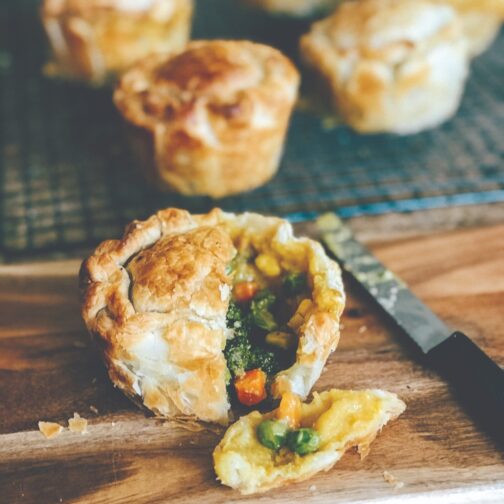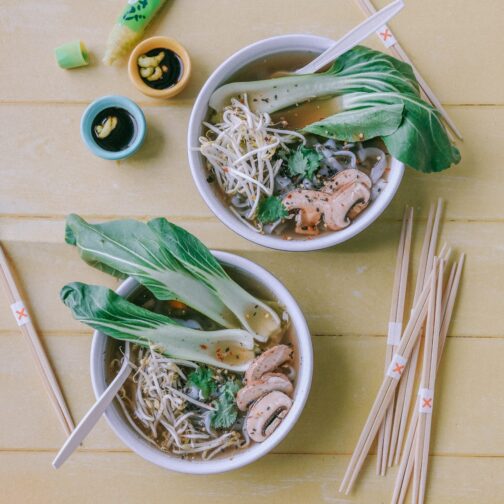
We may understand the importance of a healthy mindset, but have we learned how to balance our kindset?
Our lives are full to the brim, bustling, and busier than ever before. We careen from commitments at work to chores at home, squeeze in social outings, and when we’re not occupied in real life, we spend our time in the digital realm. Sometimes, it might feel as though the demands of our day-to-day leave little room for true balance in our lives. But we can beat the overwhelm, slow down, see clearly, and live a life of intention – with mindful kindness.
IT BEGINS WITH MINDFULNESS
It’s been featured on the cover of TIME magazine, touted by myriad celebrities, and embraced by conglomerates like Google and Apple. But far from a fleeting fad or Instagram hashtag, mindfulness has proven to be a powerful practice that boosts our wellbeing in very real ways. Stemming from ancient spirituality, and the subject of countless studies over the past few decades, mindfulness has the power to improve attention and memory, reduce stress, boost creativity, improve sleep and immunity, and increase our overall happiness. In short, mindfulness can have a profoundly positive influence on our lives.
While there is no universal definition of mindfulness, Matthew Young, founder of the Melbourne Meditation Centre, says that mindfulness is “a way of paying attention more consciously than we normally do, so that we can see things with greater clarity and understanding, in order to respond in more skilful ways”. According to Dr Addie Wootten, clinical psychologist and CEO of Smiling Mind, “Mindfulness is a way of living … we can apply mindful awareness to everything we do.” It might sound overwhelming at first, but we can practise mindfulness every day, in any circumstance.
THE MIND BECOMES KIND
Mindfulness can be more than just moment-to-moment awareness. According to Dr Shauna Shapiro, mindfulness is a kind, curious awareness that helps us relate to ourselves, others, and our world with compassion. Professor, author, and internationally recognised expert on mindfulness, Dr Shapiro says, “Research has started to document empirical evidence of this connection … consistently finding over the past two decades that mindfulness increases empathy and compassion.”
As Dr Shapiro says, one reason that mindfulness helps us to cultivate empathy and compassion is that “it guards against the feelings of stress and busyness that make us focus more on ourselves and less on the needs of other people”. Another way that mindfulness helps to cultivate our compassion is that it enables us to see our interconnectedness. “The more you practise mindfulness, the more you begin to see that we’re all part of the same body – that I as the right hand actually feel you, the left hand’s pain, and I naturally want to help. Mindfulness cultivates this interconnectedness and clear seeing, which leads to greater compassion and understanding of the mysterious web in which we all are woven.”
With mindful awareness, we are able to set intentions to live more compassionately and put our kindness in action. And the seeds of kindness that we sow can have fantastic and far-reaching effects – whether we realise it or not.
A heartfelt letter to a relative or friend can provide them with immeasurable joy for weeks to come; volunteering for a bush regeneration project nurtures our natural ecosystems for future generations; a slow afternoon of self-care with a book or a bubble bath (or both) can provide a much-needed boost to our wellbeing amidst the chaos and complexity of everyday life.
BALANCING YOUR KINDSET
But while we should act on our compassion – whether towards ourselves, others, or the environment – for our kindness to be effective, it needs to balanced. This is where our kindset comes in.
Nicholas Haines is an author, international speaker, creator of The Vitality Test and cofounder of The Five Institute. He explains, “A kindset is like your mindset except that it is all about kindness. A healthy kindset is when someone is equally kind to themselves, others, and the planet – ideally all at the same time.” He says that this can be difficult to achieve, as we often give precedence to what we value most.
“I’ve met people who have been described as being ‘too kind’, but when you drill down into it, they’re actually not being kind enough. Or more accurately, their kindness is out of balance,” says Nicholas. Our kindness might be heavily directed towards others, but at the expense of ourselves. Or we might be too self-focused, at the risk of taking the planet or other people for granted. Nicholas suggests that to help shape a healthy kindset, we may ask these three questions within any situation:
Is it kind to me?
Is it kind to others?
Is it kind to the planet?
Nicholas says that achieving a balanced kindset takes practise, and is a constant dance that we must learn to love. As we bustle about our days, with mindful awareness we can set intentions to bring balance to our kindset, putting us on a meaningful path towards true happiness and wellbeing. These needn’t be profound or sweeping gestures, but small moments, everyday acts, gently scattered seeds that may blossom and flourish. It might be refusing single-use plastic bags, creating a ritual to connect with your loved ones, or nourishing your body with delicious wholefoods and adequate rest. By acting with compassion towards the planet, others, and ourselves, we can create a world where kindness is the common language – our way of life.
Lead image: Alina Vilchenko on Pexels



